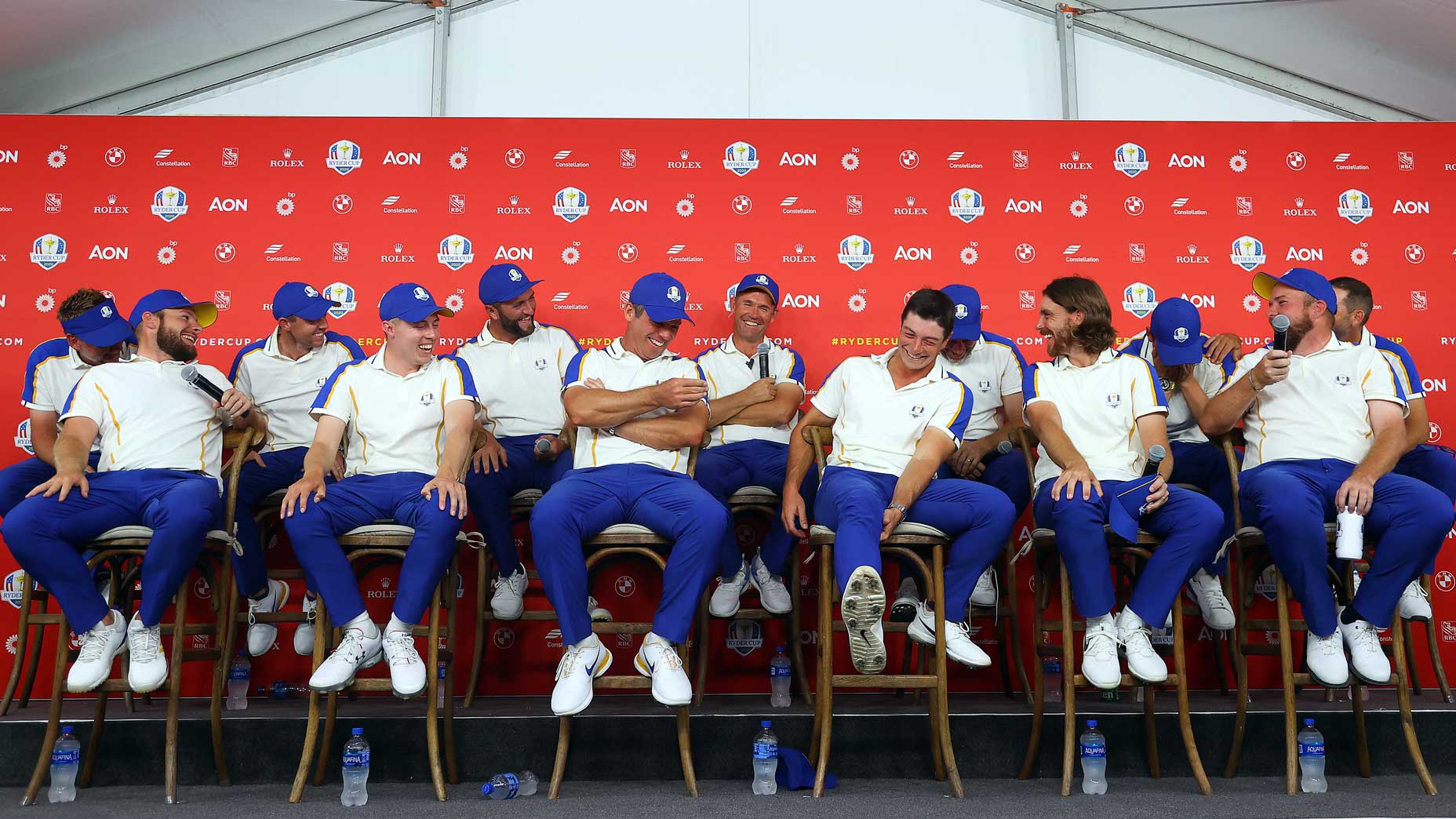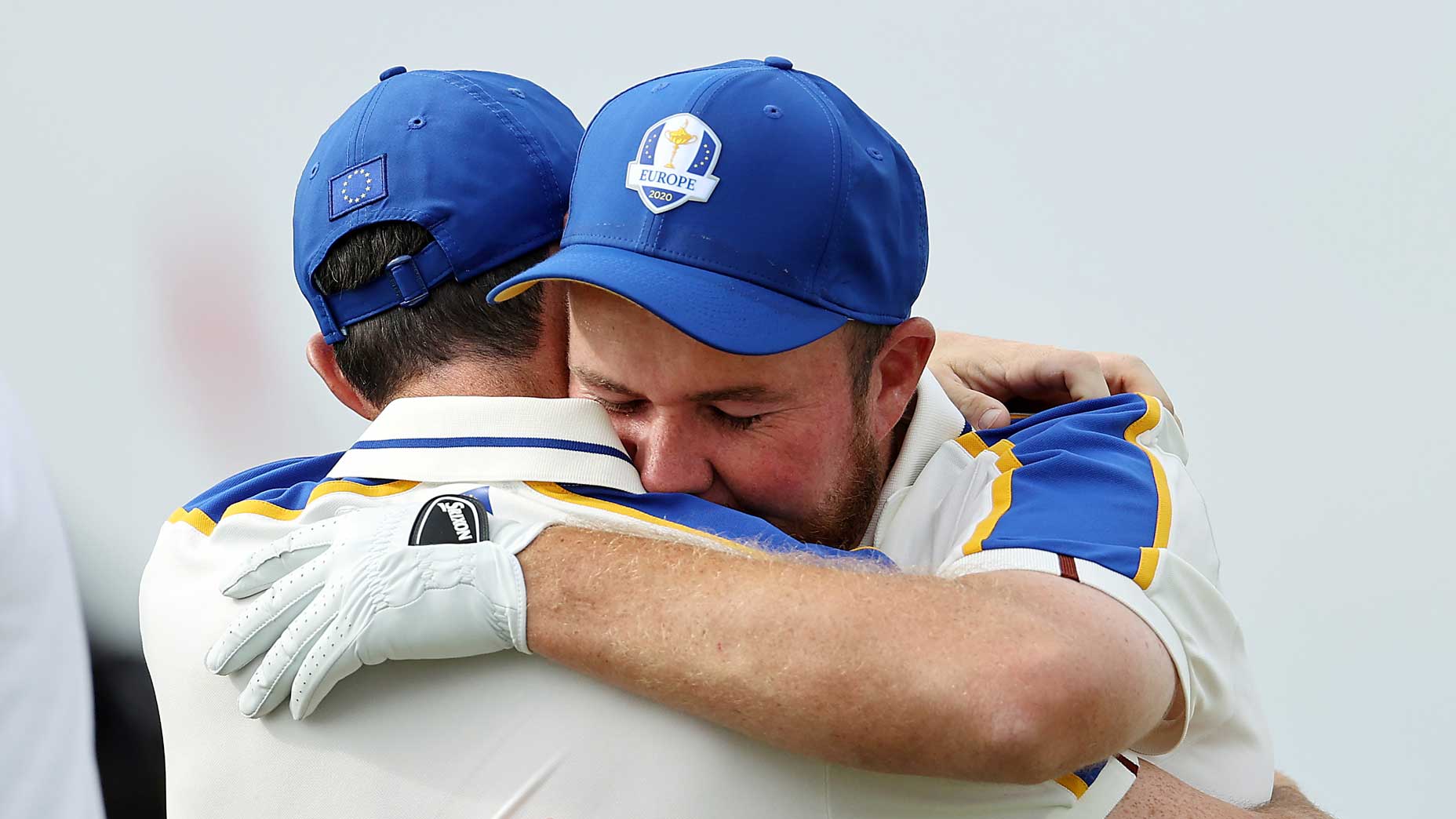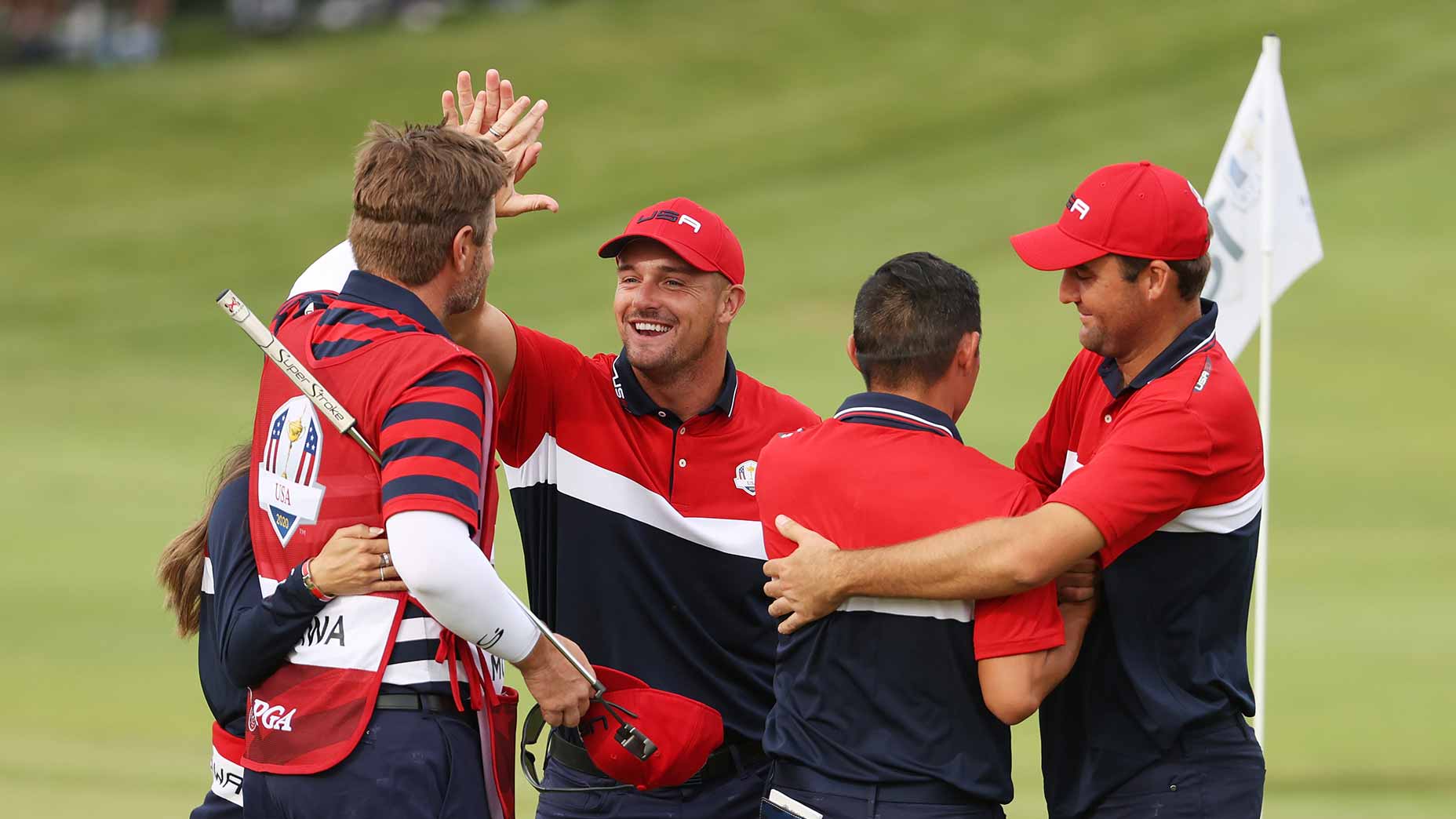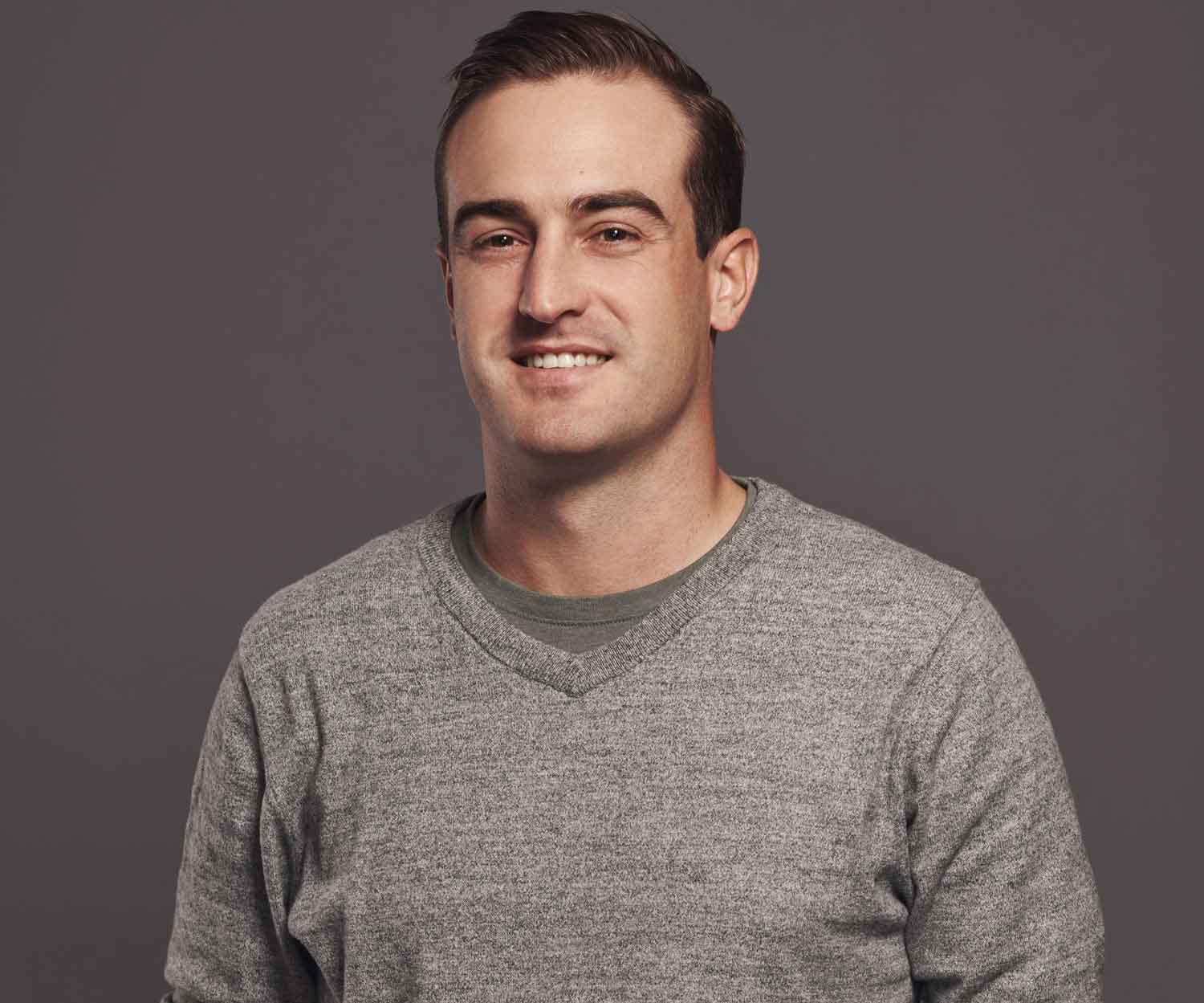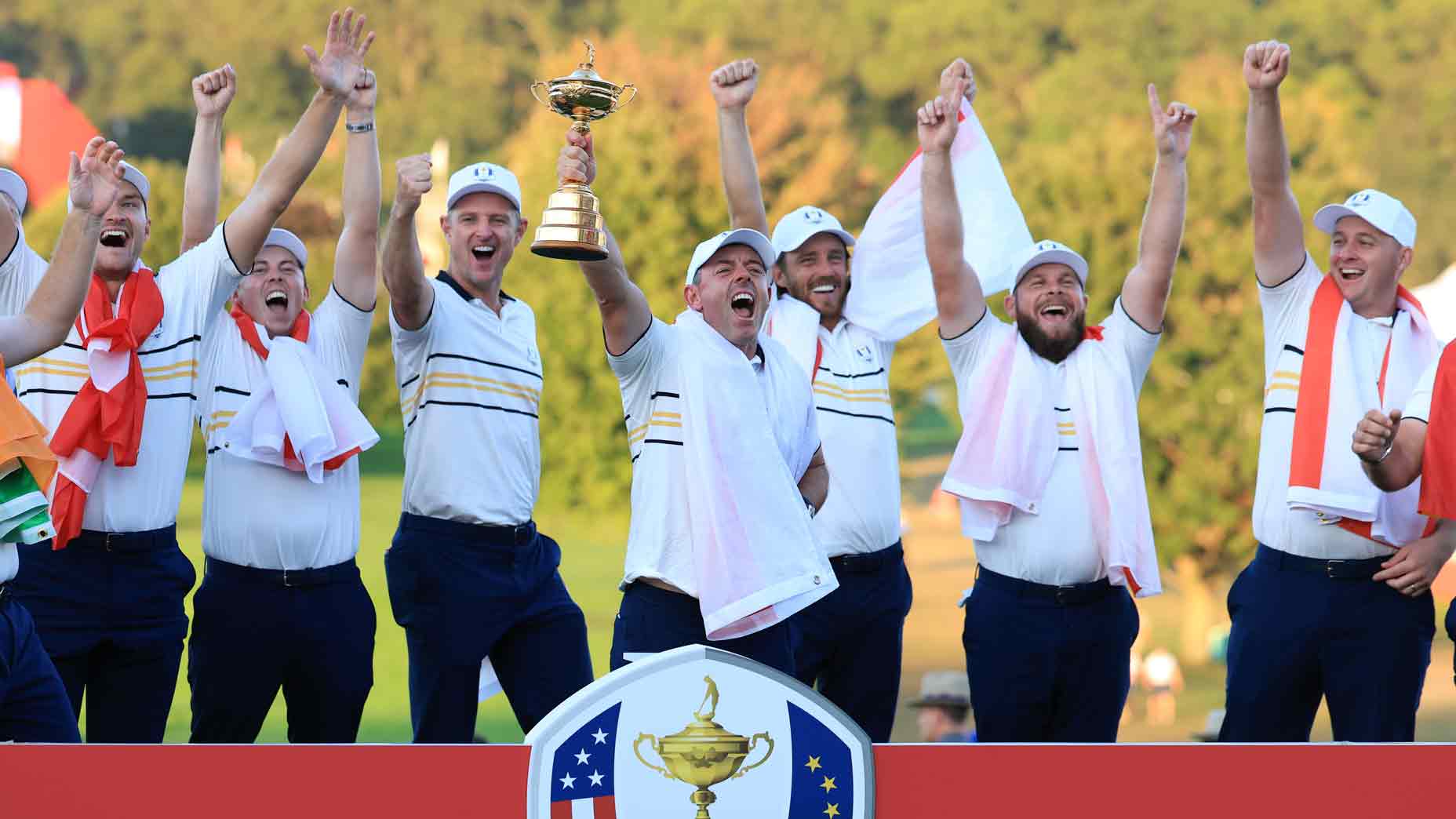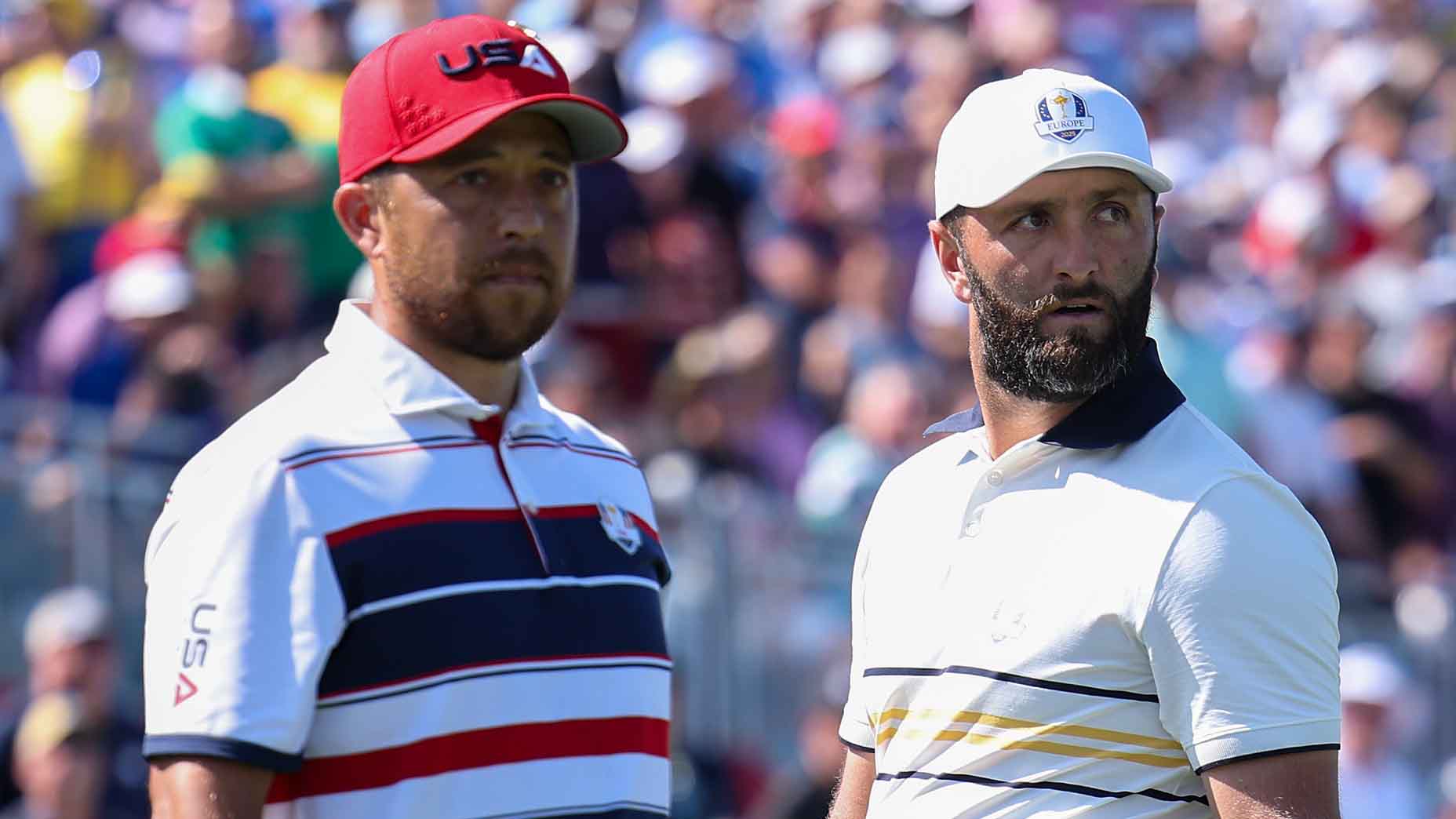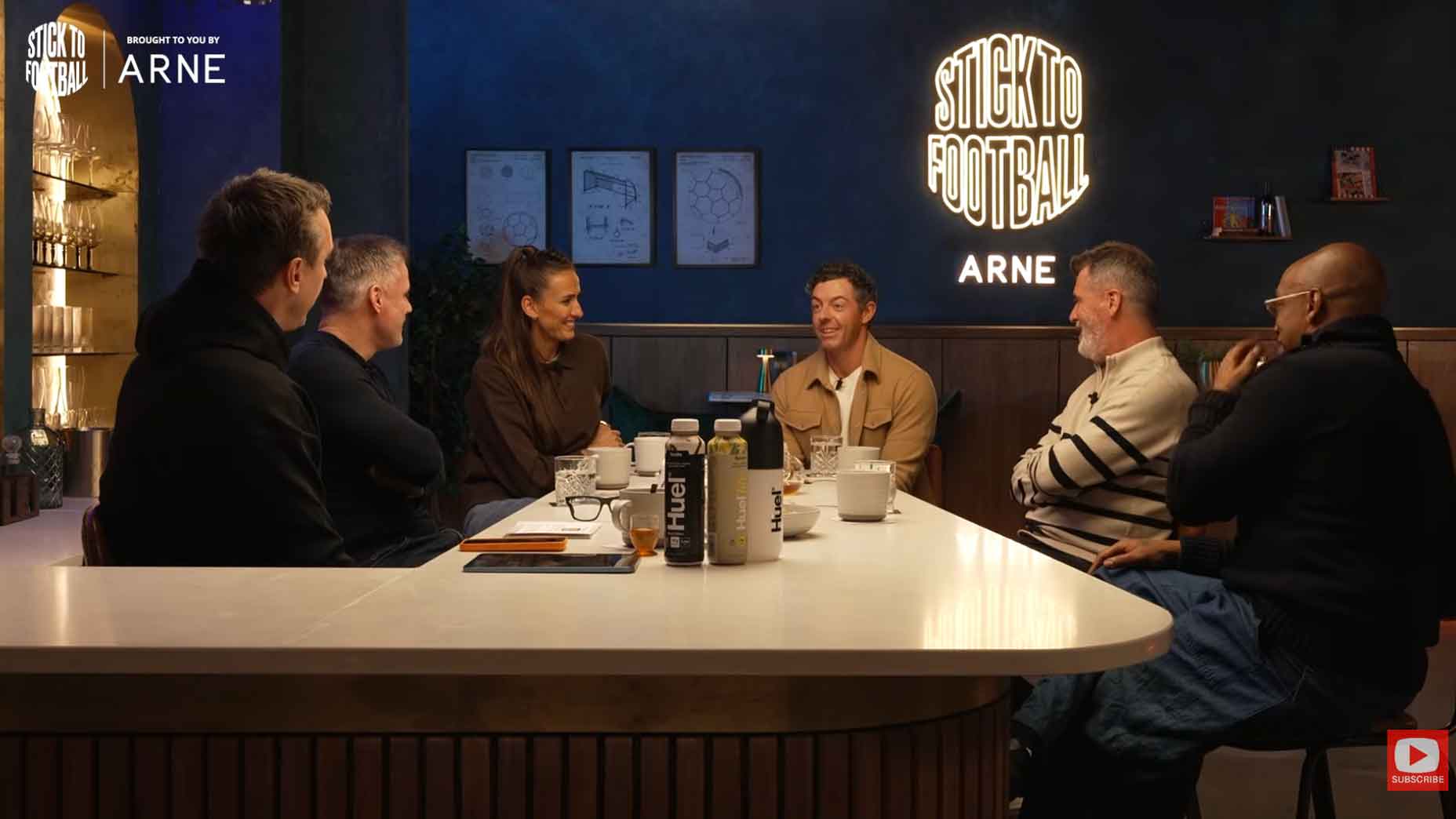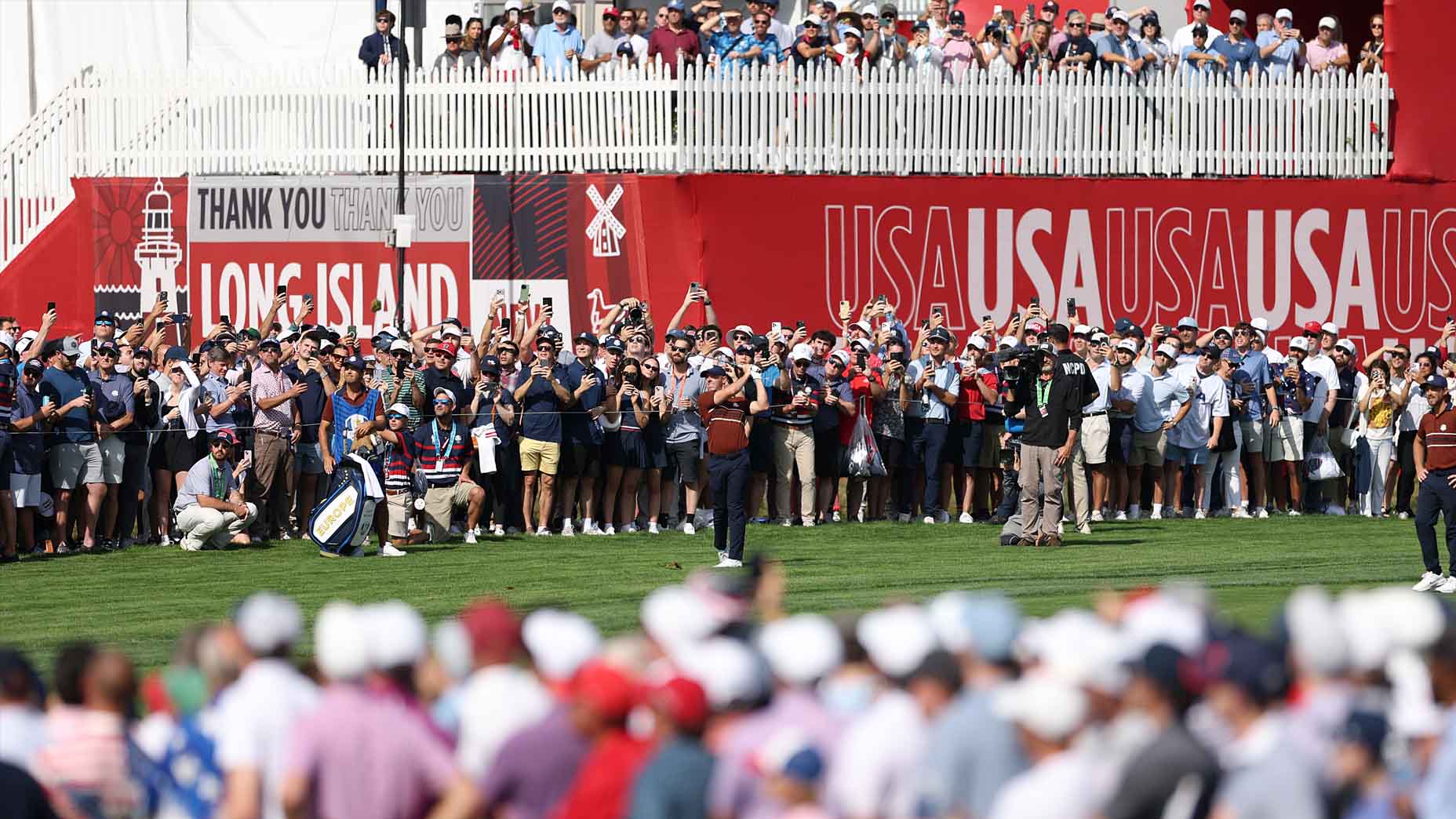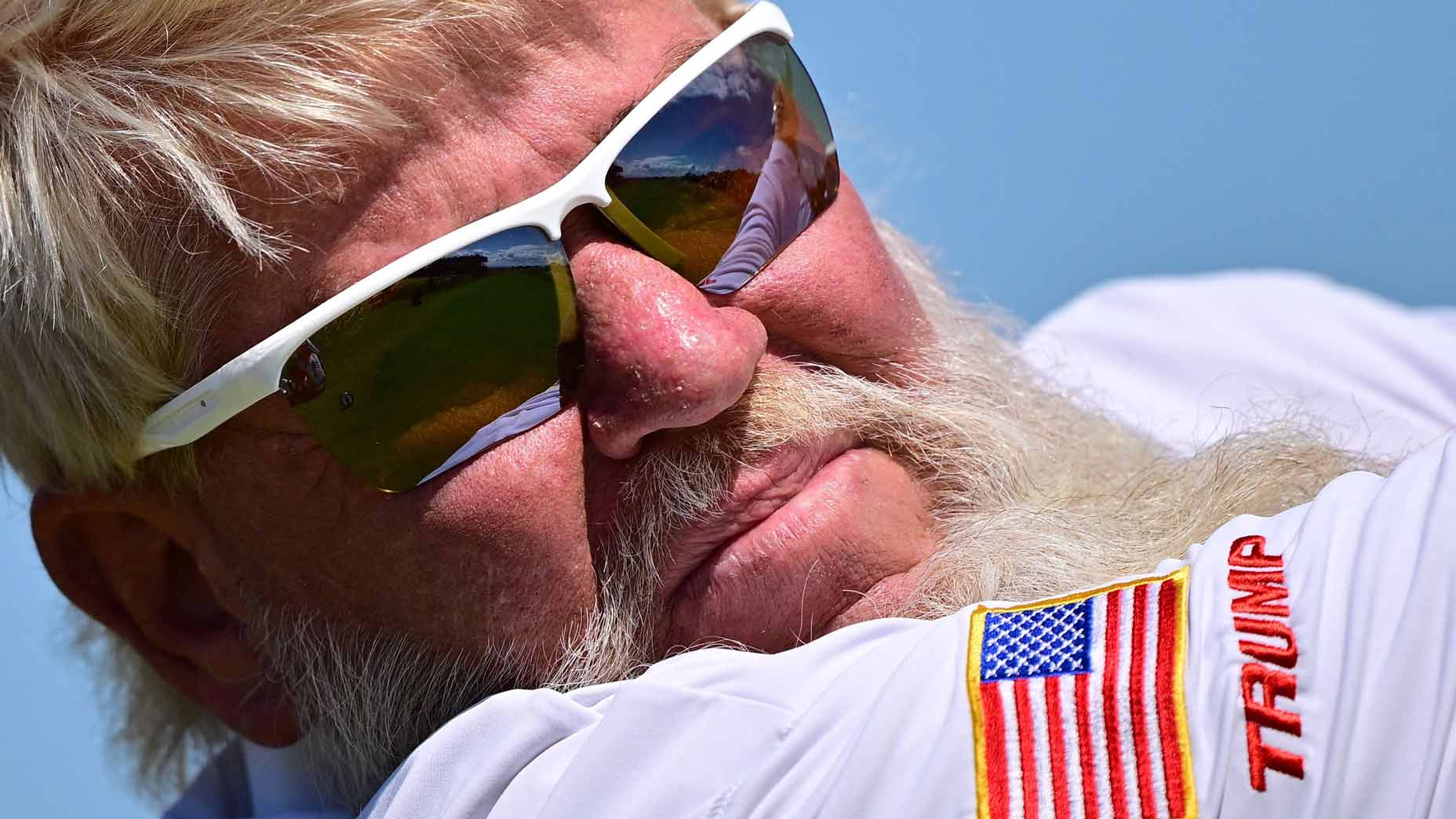HAVEN, Wis. — “Why the f— are you crying?” Lee Westwood asked late Sunday afternoon, as the Ryder Cup came to a close. “You’re still playing in these!”
The “you” in this instance was Paul Casey, the 44-year-old Englishman who had likely just watched his countryman — that’s Westwood — play in a Ryder Cup for the 11th and final time. It had brought him to tears. It brought Westwood to tears, too. He’s 48 going on 49, and totally correct. Paul Casey can see a Ryder Cup future for himself. Westwood would love to, but he’s a realist, and the Cup’s last hour brought a heavy dose of realism. Their American opponents had dropped a record-breaking hammer on Team Europe, winning 19 to 9 at Whistling Straits.
Westwood and Casey walked single-file up the white stone steps behind the 18th green, a tiring trek after a tiring week and one rollercoaster of a Sunday. If the rules were different, their affection for each other wouldn’t have been so fully on display, but all Ryder Cup matches must be finished. It’s important for TV contracts and for record-keeping purposes. So we got to see them and all their European teammates boiled down to their most emotional core.
‘This is a new era of USA golf’: High-powered U.S. beats Europe to win 43rd Ryder CupBy: Josh Berhow
Moments earlier, Casey had grabbed both Bernd Wiesberger and Viktor Hovland around the neck and yanked them in for a group hug. “I love you boys,” Casey said. “The last group hug. I’m proud of you boys, for fightin’. You always think you can do more. You always want to give more.”
These two Ryder Cup rookies did plenty Sunday, but ultimately earned just a half point. Wiesberger went toe-to-toe with Brooks Koepka for 15 holes until Koepka followed a birdie with a near-ace to close the match on 17. Hovland trailed Morikawa for most of the entire afternoon but came back from 2 down to eke out a tie on 18 and delay the celebration for just a few minutes.
“I f—ing stuck it,” Hovland told Wiesberger of his approach into the last. Like any thirsty competitor, he was happy to win the hole, but upset he didn’t do more. “Did you have fun?” I asked him, maybe too soon. “Yeah, but shoulda kicked some more a—.”
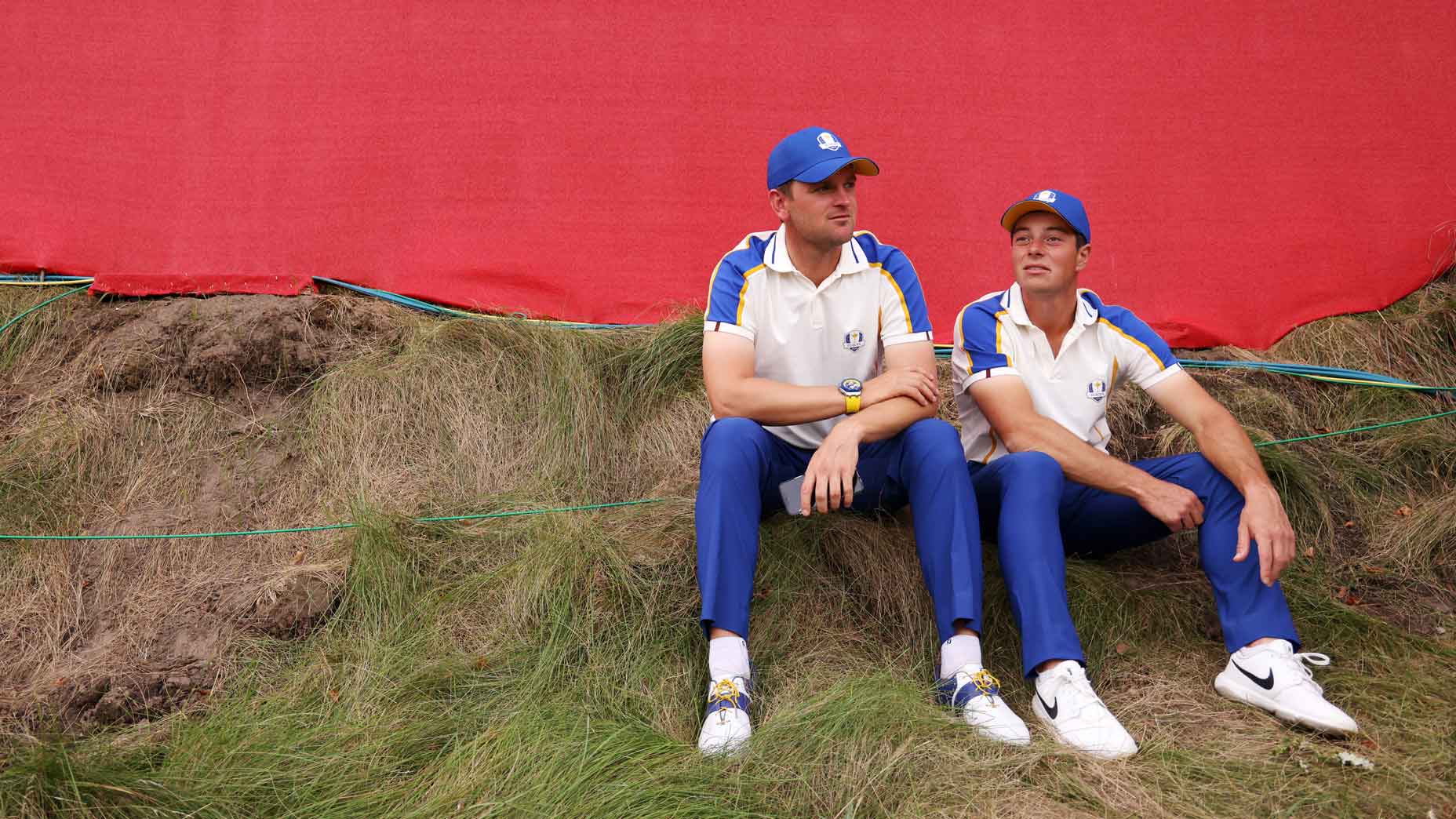
Eventually, that mood lifted. The Ryder Cup is one of golf’s most intense events, but it’s also an event played for not a lot of money by people who are generally friends. When it’s over, hugs cross enemy lines. A lot of hugs. You can’t beat yourself up forever, especially when the No. 1 player in the world comes over to dap you up.
“You won 18, right?” Jon Rahm asked Hovland. “My f—ing guy.” The embodiment of future European teams are those two guys. Casey shoved a mysterious white Ryder Cup bottle in Hovland’s face. The team had been passing around the tequila mixed drink like fraternity brothers. “Woah, that’s spiked,” Hovland said. It was time to get over this whole thing. Besides, Jena Sims (Brooks Koepka’s bride-to-be) was running by with the American flag draped over her shoulders. This can’t stay serious forever. (And to be fair, the outlook was grim from the moment the Euros woke up Sunday morning. They were down 11-5 and needing a miracle greater than Medinah to retain the Cup.) Wiesberger dipped into a stash of Heinekens. Westwood moved on to a gin and tonic. There were three more matches that needed finishing, and needed support.
The last one, between Daniel Berger and Matthew Fitzpatrick, fittingly reached the 18th tee. Harrington was walking with Fitz, now fully aware that a bad kind of record was encroaching. If Fitzpatrick tied Berger, the Americans would simply tie the record for biggest blowout in Ryder Cup history. If he lost to Berger, the record would no doubt follow Harrington’s captaincy forever. After all, he was a player on both Euro teams that set the record.
Berger’s tee shot soared up into the 18th fairway and Adam Hayes, Jon Rahm’s caddie, spoke for the entire team with a one-word sentence: “F—.” Harrington followed with two words: “Ah, s—.”
Surely, more expletives followed when Fitzpatrick chunked his approach into the hazard, dropped his club in disgust and then dropped a new ball into play. It was that sort of week for the Euros. Filled with significant effort and disappointing golf.
Rory McIlroy had gone 0-3 in three listless matches before Sunday. He finally played a match that reached the 16th hole and delivered a 3 and 2 victory for his first point of the week. Then he delivered to SkySports perhaps the most telling interview of the week. “It is by far the best experience in golf,” McIlroy said, tears forming in his eyes. “And I hope the boys and girls watching this today will aspire to play in this event, or the Solheim Cup, because there’s nothing better than being a part of a team, especially with the bond that we have in Europe.”
There's no one like Rory.pic.twitter.com/UDUvfKVhZN
— GOLF.com (@GOLF_com) September 26, 2021
McIlroy had kept his emotions extremely in check all week and finally let them all go. He followed that Fitzpatrick-Berger match in, and he walked in the middle of that team march up those white stone stairs behind Westwood and Casey. What remained in their night was a press conference that conveniently took place during the American victory presentation. They didn’t have to watch it like the Americans watched them in 2018, but they could hear it. Concert speakers bellowed out ‘We are the Champions’ loud and clear.
They were beaten. And badly. They had spent the afternoon looking back at sessions from earlier this week. Discussing shots they did or didn’t hit in their singles matches. And before long, they were telling the press they’re already looking forward to the next Ryder Cup, some 733 days away. There was also the mention of some late-night shenanigans within the team room. It’s not clear what happened but it most-definitely involved Tommy Fleetwood, perhaps exposing more of himself to the team than he has in the past. The imagination runs wild. The 30 seconds of giggling put everyone in a better mood. Team Europe, squeezed on top of each other into a tiny tent, closer than ever.
